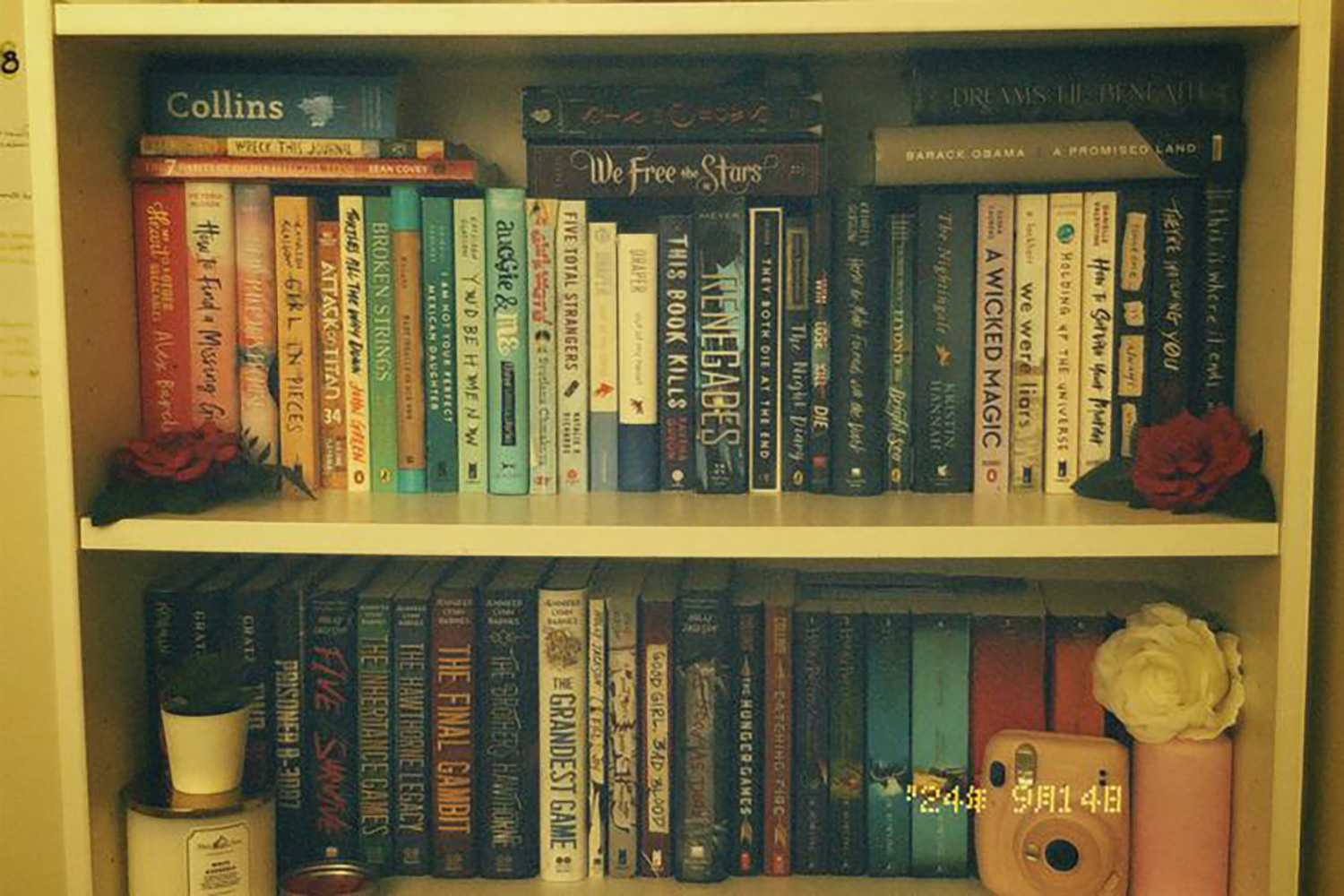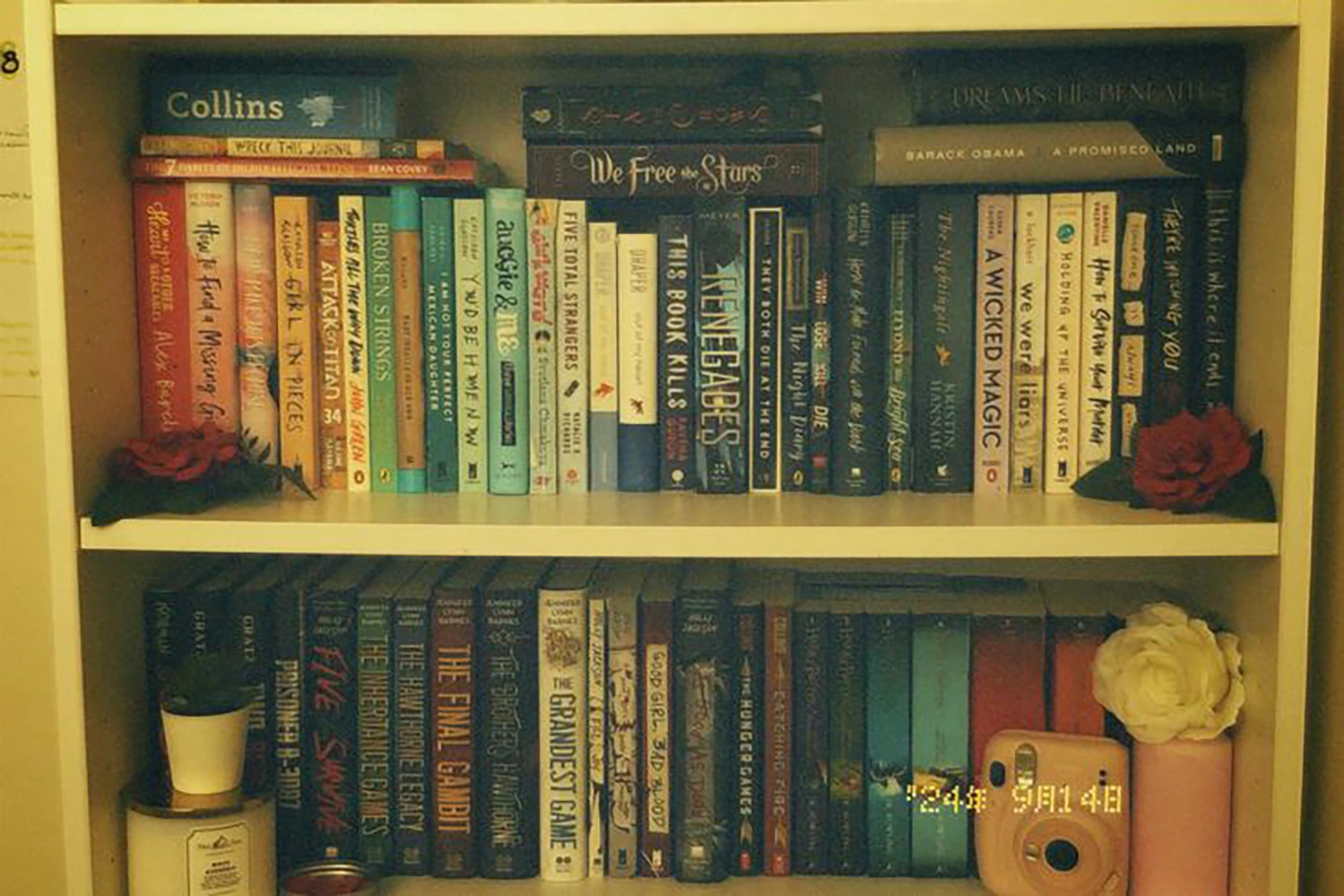Why You Should Take a Creative Writing Class

From my own observation, college students are often focused on core classes, professional development, and skill-building courses directly related to their majors. While these areas are crucial, creative writing courses offer an enriching experience that should not be overlooked. Whether you’re majoring in business, engineering, biology, or psychology, creative writing can add value to your academic journey and beyond. Here’s why creative writing courses deserve a spot in your college schedule:
1. Enhances Communication Skills
Creative writing is more than just crafting fictional stories—it teaches you how to communicate effectively and persuasively. Through writing, you learn how to express complex ideas clearly and creatively. Whether you’re writing emails, reports, or presentations, the ability to communicate well is a skill that transcends industries and careers.
2. Encourages Critical Thinking
Creative writing forces you to look at situations from different perspectives, making you a more adaptable thinker. You learn how to develop characters, plot twists, and settings that engage readers, requiring you to make thoughtful decisions about what to include and why. These skills of analysis and synthesis can apply to problem-solving in any field, whether it’s in business strategy, scientific research, or social policy.
3. Develops Emotional Intelligence
It often explores emotions, relationships, and human experiences. By delving into characters’ motivations and inner lives, you become more empathetic and aware of different emotional states. This emotional intelligence is invaluable in careers where you’ll need to collaborate, negotiate, or manage teams. Understanding others’ perspectives can make you a better leader, co-worker, or communicator.
4. Boosts Creativity
Regardless of your major or career path, creativity is an asset. In creative writing classes, you’re encouraged to think outside the box, play with language, and push the boundaries of conventional thinking. This kind of creativity can translate into innovative ideas in engineering, business, or any other field that values new approaches and solutions.
5. Provides an Outlet for Stress
Let’s face it—college can be stressful. Between exams, projects, and extracurriculars, students often feel overwhelmed. Creative writing offers a much-needed mental break. It gives you a chance to process your thoughts, explore your imagination, and productively work through your feelings. Writing can be a therapeutic practice, helping you manage stress and anxiety in a healthy manner.
6. Improves Focus and Discipline
Writing, like any skill, requires practice and persistence. In a creative writing course, you’ll learn to set aside time to write, revise, and refine your work. This practice builds discipline, teaches time management, and helps you focus on long-term projects—all skills that are essential in professional life.
7. Fosters Collaboration and Feedback
Many creative writing courses involve workshopping, where you share your writing with peers and receive constructive feedback. This not only improves your writing but also teaches you how to accept and give feedback—an essential skill in any workplace. Learning how to revise based on others’ insights and how to diplomatically critique your peers’ work fosters a collaborative spirit that is valuable in team settings.
8. It’s Fun!
At its core, creative writing is fun. It offers a break from the rigidity of structured academic writing and gives you the freedom to explore your imagination. Whether you’re creating a dystopian future or writing a personal essay about a meaningful experience, creative writing allows you to reflect, experiment, and engage with your inner storyteller.
Even if you still don’t think a creative writing course is worth it, here is a quote from Daniel Schall a professor who teaches a ton of creative writing at Arcadia:
“There are lots of long-term benefits to taking creative writing courses: Students who do are more likely to be able to apply creative solutions to real-world problems, practice critical thinking in complex situations, and are more likely to be sensitive and empathetic to others. But the real benefit is that students often end up finding a story or a poem that lives inside them, and they learn the means by which they can bring it out and share it with the world. As hard as it can be to see it sometimes, the foundation for culture is often story and witness—on speaking truths—and creative writing courses give students access to another means by which they can express those truths.”
Creative writing courses are more than just electives; they’re opportunities to grow intellectually, emotionally, and creatively. Whether or not you see yourself as a future novelist, the skills you develop in creative writing—communication, critical thinking, creativity, and collaboration—are invaluable in any profession. Plus, it offers a space for self-expression, helping you navigate the challenges of college life with a bit more ease and fun.
So, as you’re planning your next semester, consider adding a creative writing course to your schedule. It could be the key to unlocking new skills, insights, and, most importantly, your voice.



